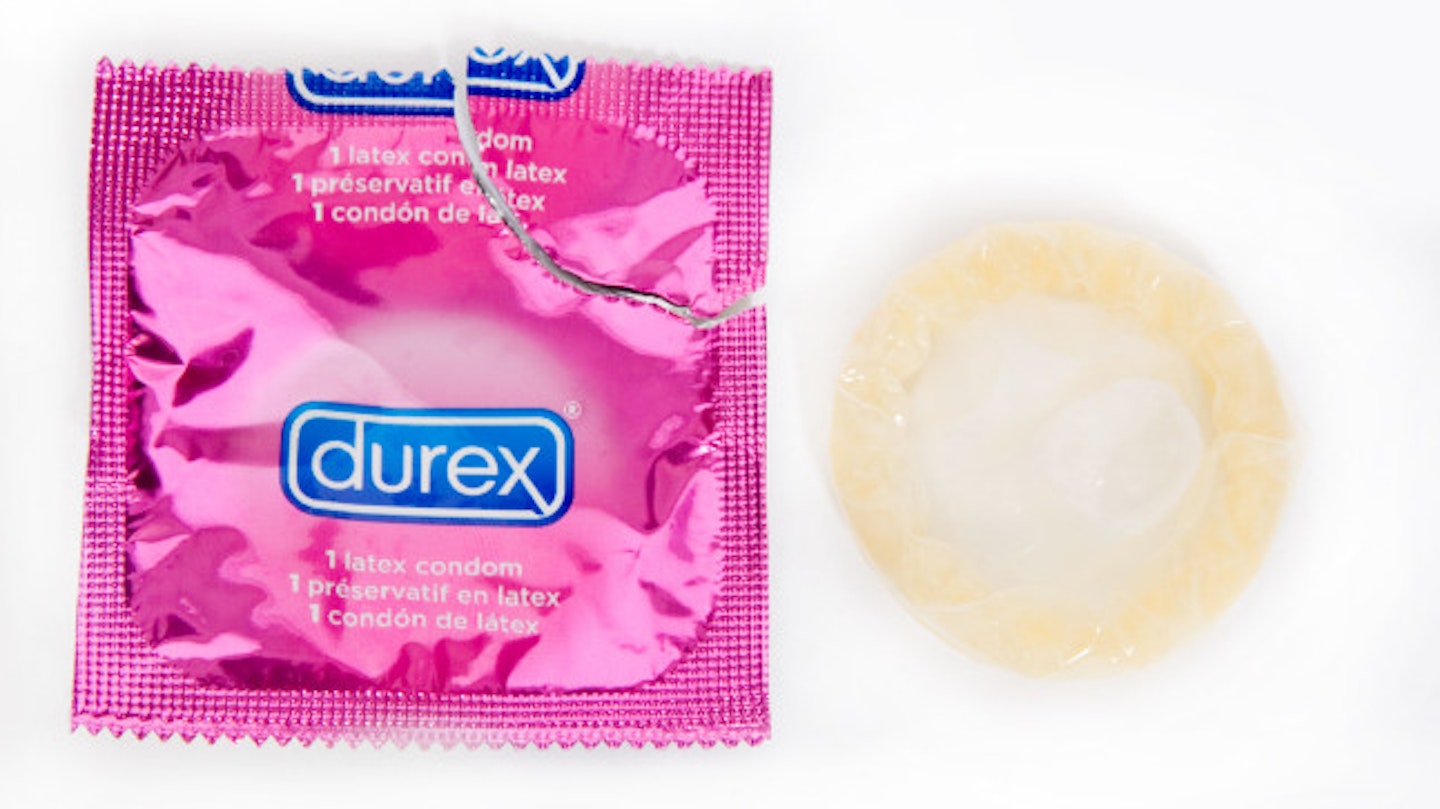Headlines this morning announced that ‘having more than 10 sexual partners “doubles” a woman’s risk of getting cancer’. Many of them charmingly even put ‘double’ in capital letters. Because what’s more fun than telling a woman – who has probably already had sex with more than 10 people – that her promiscuity means that she’s going to get cancer?
The claims come from a new study undertaken by Anglia Ruskin University, collected data from around 6,000 people over the age of 50 and found that those who had more than 10 sexual partners were also more likely to develop cancer. It’s thought that this is down to HPV, a virus which can be transmitted sexually and is the leading cause of cervical cancer.
Obviously it’s important not to rewrite medical fact in order to support societal norms – it would be lovely to believe that wine and cigarettes are good for us, but it’s not true, so we have to acknowledge the risks. But here’s the thing: the way that this research is being reported is designed to be as scary as possible, and alongside the fear there’s a hefty dose of slut-shaming.
Kate Sanger from the UK’s leading cervical cancer charity Jo’s Cervical Trust told Grazia: ‘Links between HPV and promiscuity are completely unhelpful and just add to the stigma surrounding the virus. For people who get an HPV-related cancer especially, this can be extremely hurtful at an already difficult time.
‘Saying HPV is to “blame” for cancer diagnoses further adds to this shame element, we need to be more mindful of the words that we use. At Jo’s Cervical Cancer Trust we are encouraging people to stop calling HPV an STI or STD to reduce the misconceptions and stigma.’
The reason that people who have more sexual partners are more likely to get cancer is because of HPV. You’re probably aware of HPV because you might well have been vaccinated for it when you were at school. HPV is a virus, which doesn’t have any symptoms, and is spread through sexual contact. If you have it, you are more likely to develop abnormal cells, which in turn means that you are more at risk of having cervical cancer.
HPV is very common and very, very easy to catch, no matter how many times you’ve had sex. Sanger says, ‘‘Firstly it is extremely common and so really hard to avoid. While it’s true it is usually transmitted through sexual contact, this includes protected sex, sexual touching and sharing of sex toys so it is impossible to fully prevent. Having HPV isn’t a sign that someone has slept with a lot of people or been unfaithful to a partner, because you can get it during your first sexual contact. In most cases, infection will clear without causing the body any harm so we need to share the facts about the virus which includes the important fact it affects both men and women.’
Jo’s Cervical Cancer Trust did research into the stigma around HPV and found that one in five people say would feel embarrassed to have HPV, and one in ten would feel dirty if they were told that they have the virus. The perception of HPV as dirty and a result of careless sexual practice is just another reason why women might avoid their smear tests, or feel uncomfortable discussing their HPV with potential partners.
HPV is much less of a worry if you get regular smear tests and are treated for any abnormal cells, which means that then the risk of cancer is significantly reduced.
The research also found that people who have more sexual partners are also more likely to smoke or drink. Which kind of makes sense when you consider the major activities that make up a party lifestyle. But the point remains, it’s a link between multiple behaviours, not proof that having sex leads to getting cancer. Given that having multiple sexual partners is still stigmatised for women, it’s not helpful to imply that getting cancer is some kind of punishment for having more than 10 sexual partners.
There’s also the question of how the research was done. Researchers from Anglia Ruskin University, Cambridge, collected data from nearly 6,000 men and women over the age of 50. It found that women who have had 10 or more sexual partners over a lifetime have almost double the risk of developing cancer and that men were two thirds more likely.. However, that doesn’t take into account the fact that people who are currently over the age of 50 started having sex in a different time, with a different educational level surrounding safe sex and the importance of using protection. Screening for cervical cancer was only introduced in the UK in 1988, and the test for HPV, which causes most cervical cancer, wasn’t invented until 1998 and is only recently included in cervical screening.
While research into how our lifestyle impacts our life expectancy is certainly important, it’s also essential that we don’t casually shame women for enjoying sex. It’s perfectly possible to have multiple sexual partners while taking care of your physical and emotional health.
Everything you need to know about cervical cancer
Smear tests and cervical cancer: Everything you need to know
 1 of 11
1 of 11CBR3DH
_646x363.jpg?auto=format&w=1440&q=80) 2 of 11
2 of 11BXBWGF(1)
 3 of 11
3 of 11APDM6W
 4 of 11
4 of 11AXGMD4
 5 of 11
5 of 11C1H94X
 6 of 11
6 of 11B3WMRN
 7 of 11
7 of 11D0RFC3
 8 of 11
8 of 11CED59F
 9 of 11
9 of 11toilet
 10 of 11
10 of 11A48KP6
 11 of 11
11 of 11